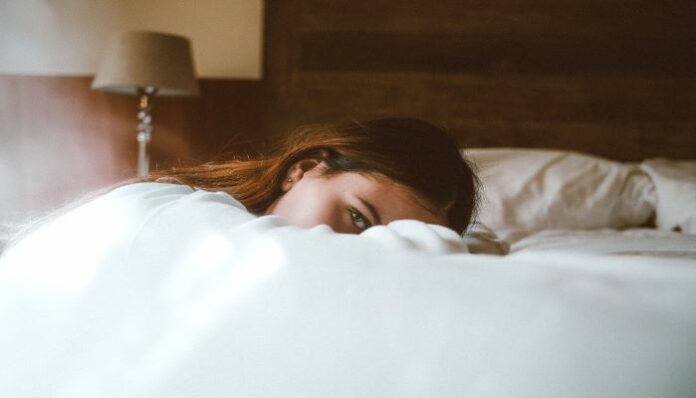
Have you ever taken a day off but still feel uneasy after resting? Have you woken up from a full night’s sleep feeling more tired than you were when you went to bed? Many factors can impact your ability to rest well. It may take a bit of trial-and-error to figure out what’s going on with your sleep, but here are some reasons why your sleep may not feel like good rest.
1. Blue Light
You’ve likely heard about the harmful effects of blue lights. Our brains can stay awake for several hours after we use “blue light” devices, like cell phones, laptops, or TVs. Therefore, if you want to get your best rest, you should stop using electronics with blue lights an hour or two before you go to sleep. The Sleep Foundation says that blue light suppresses the release of melatonin, the sleep hormone. As you might imagine, this can make it far harder to get a good night’s sleep.
2. Brain Chatter
If you’re anything like me, crawling into bed is your brain’s signal to begin thinking about anything that could possibly disrupt your sleep. This constant mill of “brain chatter” might cause you to stay alert and think about all of your goals and plans for the rest of the week instead of driving off to sleep. Jenn Gotlieb, who hosts the podcast “I Dare You,” suggests that each night before you go to sleep, you should jot down three wins for the day and three commitments for the next day in a journal near your bed. The great thing about this is that your commitments for tomorrow can be your wins for tomorrow night. Getting your “pesky” thoughts on paper before bed can help clear your brain and send you off to slumber with a clear vision for tomorrow.
3. External Stimuli
To ensure that you get your best sleep, you need to examine your environment. Do you have too much outside light filtering into your room? Does complete silence make it hard for you to sleep? Would white noise or scents work better for you to ensure a good rest? As with any lifestyle change, adjusting your environment to meet your sleep needs may take some experimentation. Give each adjustment a few days to work fully — and don’t expect instant gratification. If changing your sleep environment doesn’t change your sleep quality, you may want to consult a doctor.
4. Caffeine
Some beverages, especially those with caffeine, can impact your body’s circadian rhythms. Drinking caffeine shortly before you want to sleep isn’t conducive to proper rest, but drinking caffeine even hours before bed can impact you too. According to Verywell Mind, if you consume caffeine in the late afternoon or early evening, it may still remain in your body through the night. Look out for “hidden” caffeine in your food and drinks, and pay attention to how it impacts you. If you can’t seem to have a restful sleep, pay attention to how your brain and body react to your internal and external environments. Knowing the factors that can affect your rest can give you the information you need to get some much-needed shut-eye.
How do you get your best rest? Let us know in the comments!
Featured Photo by Bruno van der Kraan on Unsplash.



















Thank you for your useful posting. I find this blog very useful, however I believe that people should visit their doctor if they are experiencing it for an extended period of time.